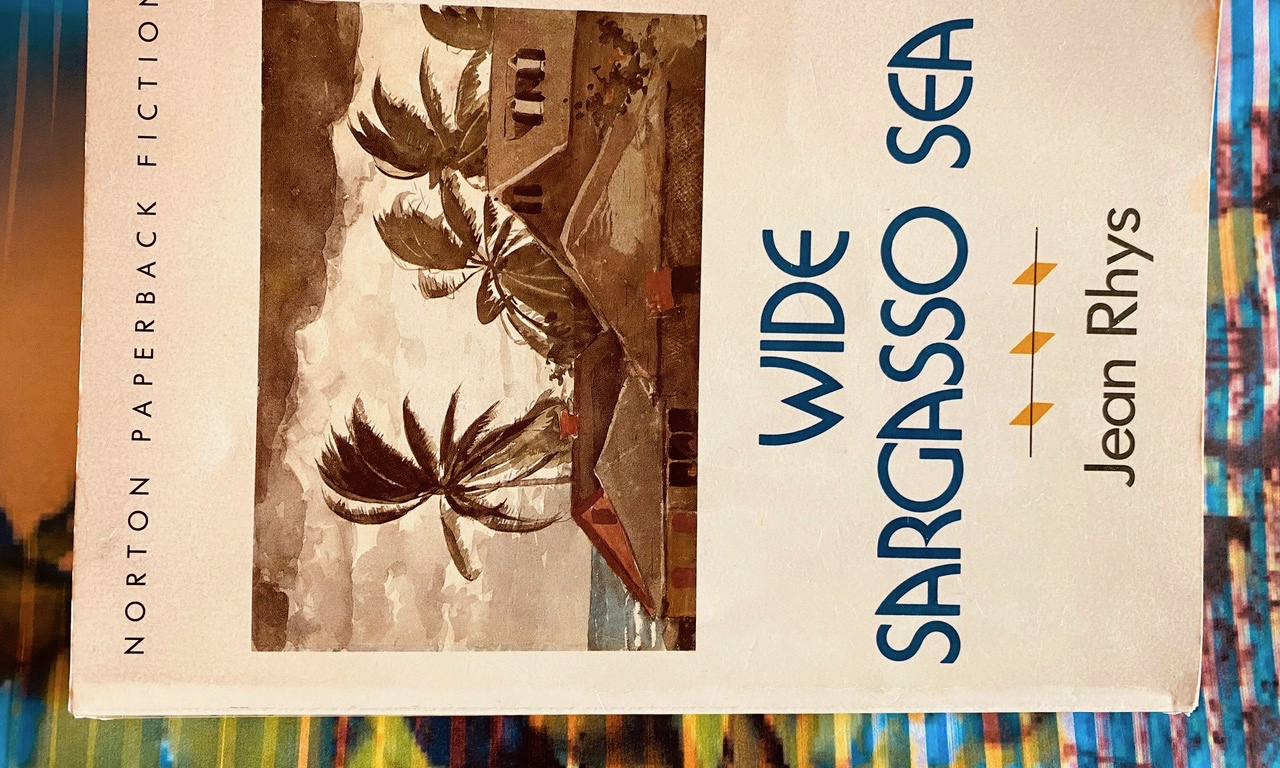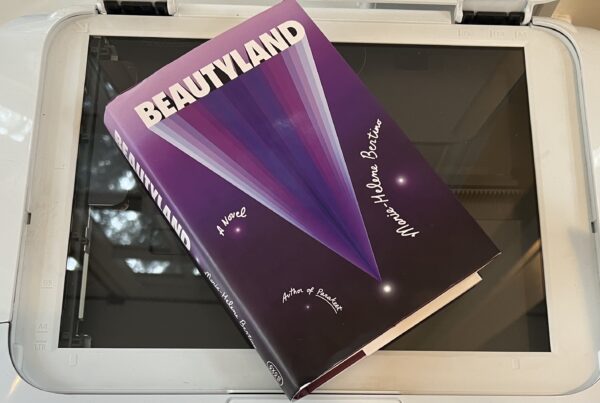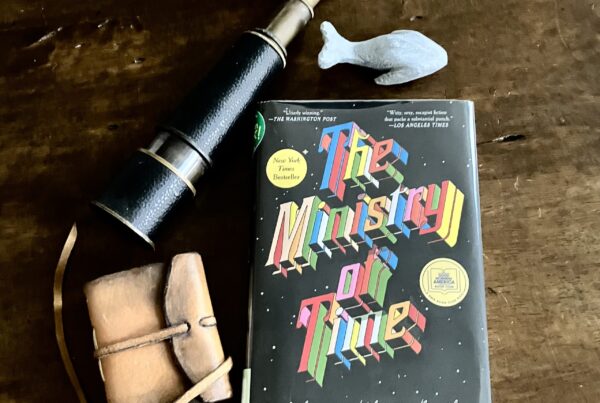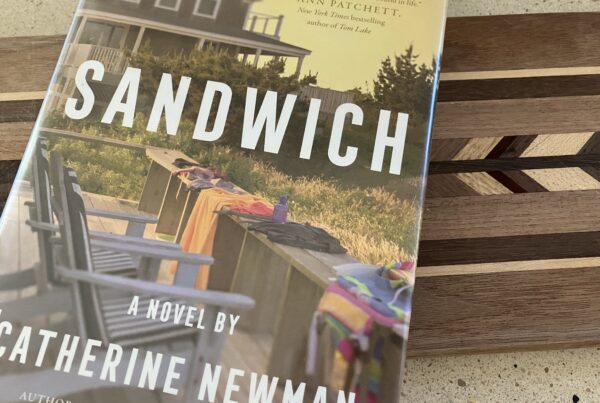It is not often that one novel can transform your experience of another, but it would be difficult for anyone to think about Charlotte Bronte’s Jane Eyre in the same way after reading Wide Sargasso Sea, a 1966 radical reimagining by Jean Rhys, who was worldly, intemperate, ahead of her time. Bronte’s gothic tale of a spirited, morally rigorous young governess who falls in love with the brooding master of Thornfield Hall locates Jane’s double/opposite in the madwoman in the attic, a literal and metaphorical figure who ushers forth feminist theory. Rhys, haunted by Bertha, Rochester’s imprisoned first wife, (whose mother was Creole as was Rhys’), and inspired by her own childhood in Dominica, writes a prequel to Jane Eyre set in Jamaica that gives a voice to Bertha Rochester.
Wide Sargasso Sea begins with Antoinette (Bertha’s given name), a neglected child growing up at the bottom of a complex caste system, a “white cockroach” rejected by the recently-freed Black servants of her family’s crumbling plantation and scorned by the prosperous whites in Jamaica Town. After her mother’s plunge into grief-stricken madness, Antoinette is protected by Christophine, the mysterious obeah (voodoo) practitioner, then finds respite in a convent school until she is “sold” to Rochester for a transactional marriage that bestows upon her his good English name and reaps for him her inherited money.
In his sections, Rochester’s voice contrasts Antoinette’s dreamy, poetic one: he struggles to maintain proper English control against the sensual enticements of the tropical island and his new bride. In their increasingly violent sexual encounters, they enact the colonization of feminized lands; and although Rhys layers themes of gender, race, caste, and nationality, Rochester and Antoinette’s marriage is always specifically rooted in their particular miscommunication and pain. “I hated the mountains and the hills, the rivers and the rain. I hated the sunsets of whatever colour, I hated its beauty and its magic and the secret I would never know. I hated its indifference and the cruelty which was part of its loveliness. Above all, I hated her. For she belonged to the magic and the loveliness. She had left me thirsty and all my life would be thirst and longing for what I had lost before I found it.”
Eventually trapped in the cold English world of Jane Eyre, Antoinette, stripped of her freedom, sanity, even her lovely name, ignites the spark of terrifying, seductive rage embodied by Bertha, and Rhys rewrites fiery destruction as an act of resistance. It’s not necessary to have read Bronte to understand and be moved by Wide Sargasso Sea; it is a shockingly modern novel ablaze with gorgeous imagery, unflinching explorations of race and sex, and the power to grant agency to one of literature’s most evocative characters. Antoinette puts on her red dress, the one Rochester finds makes her look “unchaste”: “I saw it hanging, the colour of fire and sunset. The colour of flamboyant flowers. ‘If you are buried under a flamboyant tree,’ I said, ‘your soul is lifted up when it flowers. Everyone wants that.’…the scent that came from the dress was very faint at first, then it grew stronger. The smell of vetivert and frangipanni, of cinnamon and dust and lime trees when they are flowering. The smell of the sun and the smell of the rain.” Rhys replaces the living ghost and burns into our imagination her reclaimed story.




